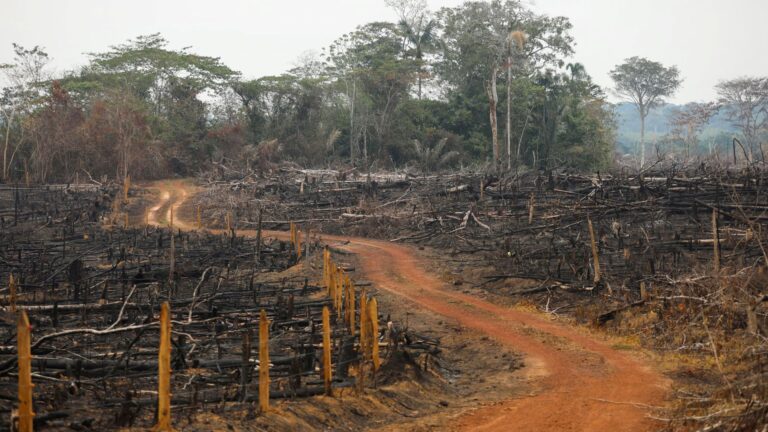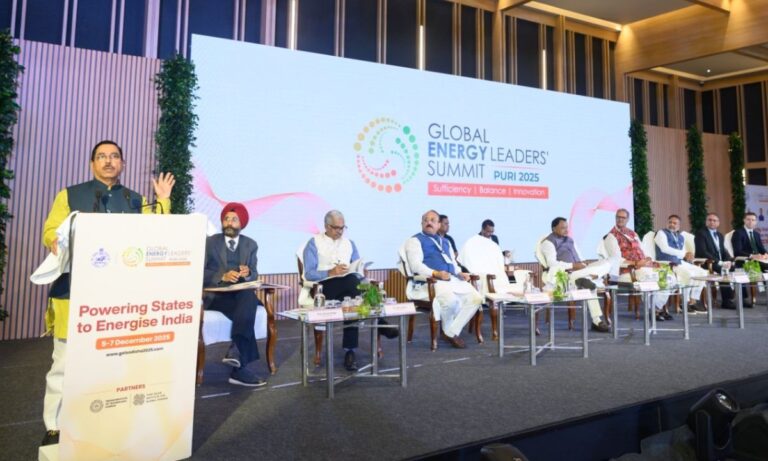
The world is experiencing unprecedented warming, with extreme heat affecting nearly every continent. April 2023 marked the 11th consecutive month of record-breaking global temperatures. This trend underscores the urgent need to address climate change, yet misinformation continues to hinder progress. As delegates gather in Bonn, Germany for a key climate conference, it’s crucial to debunk prevalent climate change myths.
Myth #1: Climate Change Has Always Happened, So We Should Not Worry About It
While historical climate fluctuations are natural, the stability of the past 10,000 years has been vital for human civilization. Now, the Earth is warming at the fastest rate in 2,000 years, approximately 1.2°C higher than pre-industrial levels. This rapid warming endangers ecosystems and human societies alike, with other indicators such as ocean temperatures, sea levels, and greenhouse gas concentrations also reaching unprecedented levels.
Myth #2: Climate Change Is a Natural Process, Unrelated to Human Activity
Although climate change can occur naturally, the current rate is largely driven by human activities, particularly the burning of fossil fuels. The Intergovernmental Panel on Climate Change (IPCC) reports that human actions are responsible for nearly all global warming over the past 200 years. Atmospheric concentrations of carbon dioxide, methane, and nitrous oxide have reached levels not seen in hundreds of thousands of years, primarily due to human activities.
Myth #3: A Couple of Degrees of Warming Is Not That Big of a Deal
Even small temperature increases can disrupt ecosystems and human life. The Paris Agreement aims to keep global temperature rise below 2°C, ideally limiting it to 1.5°C. The difference between 1.5°C and 2°C of warming is significant: at 2°C, billions more people would face extreme heat, and the world would see greater losses in biodiversity and food security. Coral reefs, critical to marine ecosystems, would be nearly eradicated at 2°C of warming.
Myth #4: Cold Snaps Disprove Climate Change
Weather and climate are distinct concepts; weather refers to short-term atmospheric conditions, while climate is the long-term pattern. Hence, occasional cold snaps do not disprove overall global warming trends. Some studies suggest that climate change can intensify cold weather events by altering atmospheric patterns, as seen during the 2021 cold wave that affected Texas.
Myth #5: Scientists Disagree on the Cause of Climate Change
There is overwhelming scientific consensus on human-caused climate change. A 2021 study found that 99% of peer-reviewed literature attributes climate change to human activities, consistent with earlier research showing a 97% consensus. Claims of scientific disagreement are largely propagated by those denying climate change.
Myth #6: It Is Too Late to Prevent Climate Catastrophe
While the situation is urgent, it is not too late to mitigate the worst effects of climate change. The UNEP’s Emissions Gap Report indicates that reducing greenhouse gas emissions by 42% by 2030 could limit global temperature rise to 1.5°C. Achieving this requires significant efforts in low-carbon development and increased climate action ambition, but it remains possible.
Myth #7: Climate Models Are Unreliable
Despite skepticism, climate models have proven reliable over decades of development. The IPCC asserts that these models provide a clear picture of global warming. A 2020 study from the University of California validated the accuracy of 17 models developed between 1970 and 2007, demonstrating their reliability in predicting climate trends.
Myth #8: Humanity Can Adapt to Climate Change Without Reducing Emissions
Adaptation alone is insufficient, especially for vulnerable communities. Developing countries require substantial financial resources for adaptation, which are currently inadequate. Even wealthy nations face significant adaptation costs, such as relocating infrastructure and changing agricultural practices. Without substantial emission reductions, the limits of adaptation will be reached quickly, causing irreversible damage.
Combatting climate change requires dispelling myths and understanding the scientific consensus on human-caused warming. As the global community meets to discuss climate action, recognizing the realities of climate change and the urgency of addressing it is crucial for safeguarding our planet’s future.






